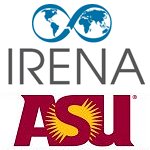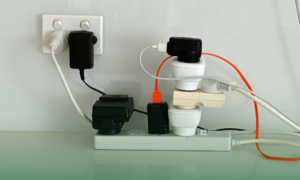The International Renewable Energy Agency (IRENA) and Arizona State University (ASU) have partnered to develop a solar installer certification programme for West Africa.
The need to accelerate renewable energy uptake is particularly pressing in West Africa; which is comprised of Benin, Burkina Faso, Cape Verde, Gambia, Ghana, Guinea, Guinea-Bissau, Ivory Coast, Liberia, Mali, Niger, Nigeria, Senegal, Sierra Leone and Togo.
With much of the population having unreliable access to electricity; fossil fuels are king – particularly in the form of dangerous and polluting kerosene used for lighting.
While renewable energy technologies have rapidly reduced in price; a challenge for these nations is having a suitably qualified workforce capable of installing them.
The IRENA/ASU programmes will certify technicians for off-grid and grid-connected solar photovoltaic (PV) energy systems. Workshops in selected countries will occur to engage key stakeholders in order to gain political and policy level support for the initiative.
“ASU is a worldwide leader in PV solar research, power-grid management and sustainability,” said Paul Johnson, dean of the Ira A. Fulton Schools of Engineering at ASU. “We are excited to be collaborating with IRENA to share our expertise and help build the local technical capacity in West Africa.”
IRENA is an intergovernmental organisation working to promote the acceleration of renewable energy uptake worldwide. More than 124 states and the European Union are members; Australia among them.
A report from IRENA in January says employment in renewable energy worldwide in 2012 reached 5.7 million; with the largest number of jobs found in the biofuel and solar photovoltaic sectors. IRENA sees potential for adding 11 million jobs in the years to 2030, with many of these new jobs to be created in developing nations.
However, the body says a shortage of necessary skills in the renewable energy sector could become a major barrier to this level being achieved.














































